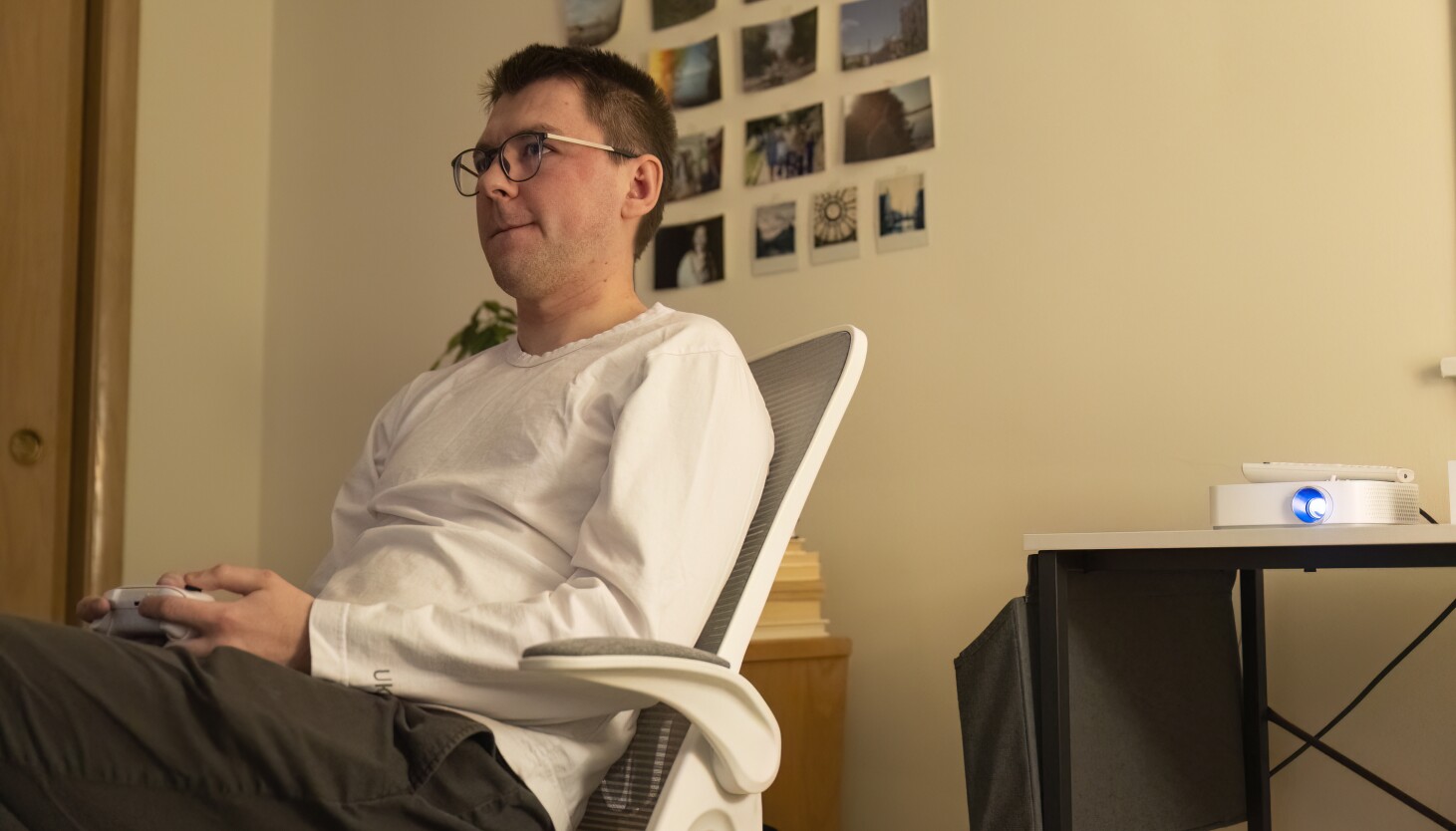
Vasyl Zhytynskyi, a 24-year-old Ukrainian refugee living in Harwood Heights, Illinois, finds solace and connection to his homeland in the video game *S.T.A.L.K.E.R. 2: Heart of Chornobyl*. His childhood in Ternopil, near Lviv, included playing the original *S.T.A.L.K.E.R.: Shadow of Chernobyl* despite limited internet access and a low-powered family computer. The game, a survival horror shooter set in a fictionalized Chernobyl zone, captivated him for hours, even leading his friends to call on him to overcome particularly challenging sections.
Zhytynskyi arrived in Chicago two years ago, seven months after the Russian invasion. A former military linguist, he left Ukraine at his family’s urging, prioritizing their wishes over his desire to join the army. He is one of the approximately 30,000 Ukrainian refugees in the Chicago area who came to the U.S. through the Uniting for Ukraine program. The release of *S.T.A.L.K.E.R. 2* provided a powerful connection to his past and a comfort during moments of homesickness. “Sometimes when it gets lonely, I turn it on,” he said.
The game’s development itself is a story of resilience. Created by the Ukrainian studio GSC Game World, its completion was hampered by the war’s realities: intermittent electricity, rocket fire, and the loss of developers who joined the fight or became refugees. The game’s release, described as a “love letter to Ukraine” by its developers, became a symbol of Ukrainian defiance and cultural preservation. The use of the Ukrainian spelling “Chornobyl” instead of the Russian “Chernobyl,” in-game Ukrainian music and radio shows focusing on Ukrainian culture, all contribute to this message.
The game’s opening scene, depicting a bombed-out home, resonates deeply with Zhytynskyi’s experience and the reality of life in Ukraine. He sees it as a reflection of the constant threat faced by Ukrainians, emphasizing that the game, despite being fiction, is deeply intertwined with the political reality. He also appreciates the agency given to players within the game, describing it as “alive” and unscripted.
Beyond personal enjoyment, Zhytynskyi hopes the game’s success will draw global attention to Ukrainian culture, particularly as Russian occupation forces Ukrainian schools and businesses to adopt the Russian language and destroys cultural sites. He believes *S.T.A.L.K.E.R. 2* showcases Ukraine’s unique identity and its contributions to the world. “We have our own identity and our own language,” he stated, “We have a lot to offer to the world, and that’s our ambition. We want to be part of the globe.”

